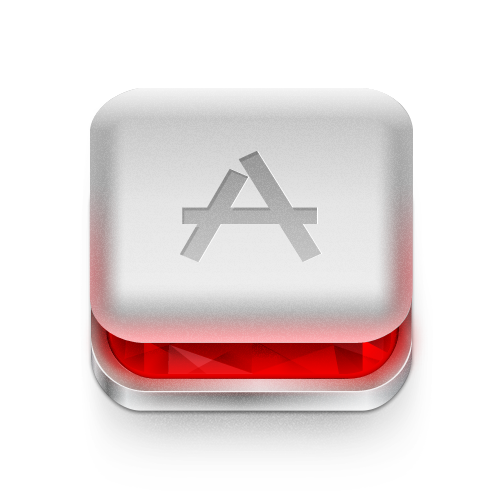 NEWS
NEWS
 NEWS
NEWS
 NEWS
NEWS
![]() Exactly after one year of launch, RubyMotion is available with its next version. Yes, RubyMotion 2.0 is here. After giving over 35 software updates and fixing countless bugs, RubyMotion has made it to the next level. The 2.0 version some with several enhanced features, such as creating static libraries, debugging support (on both simulator and device), API reference documentation browser, automatic file dependencies, and more. Besides, RubyMotion 2.0 offers support for iOS 6.0 and OS X apps, and several new templates and plug-ins.
Exactly after one year of launch, RubyMotion is available with its next version. Yes, RubyMotion 2.0 is here. After giving over 35 software updates and fixing countless bugs, RubyMotion has made it to the next level. The 2.0 version some with several enhanced features, such as creating static libraries, debugging support (on both simulator and device), API reference documentation browser, automatic file dependencies, and more. Besides, RubyMotion 2.0 offers support for iOS 6.0 and OS X apps, and several new templates and plug-ins.
“We did not expect the RubyMotion community to grow that fast. In just one year, we got exhaustive wrappers, professional screencasts, a couple books, and we even organized our very own conference! We now believe it is time to focus on the second phase of our roadmap, which will essentially consist of introducing new innovative features on top of our tool chain as well as targeting other platforms. Today, we are shipping our first 2.x release. We still have quite a bit of road to clear up our roadmap but we believe we are on the right path.”
Let’s take a quick look at the new features of RubyMotion 2.0:
OS X Support
RubyMotion now supports Mac application development and allows creating OS X apps. RubyMotion OS X apps are statically compiled to Intel 32-bit and 64-bit architectures, and the build system also supports OS X v10.7 and v10.8 as deployment targets. Besides, RubyMotion libraries such as Bubblewrap, Teacup and Joybox have been ported to OS X. Documentation for OS X is available in the developer center, along with a few OS X samples in the sample code repository.
Project Templates
You can now choose a template of your own choice while creating a new project. Three built-in templates are available with RubyMotion 2.0, including iOS, OSX and Gen, which will respectively create RubyMotion iOS, OS X or RubyGem projects.
If you want to install a 3rd-party template, it can be installed into the ~/Library/RubyMotion/template directory.
Command-Line Plug-ins
Built-in commands, such as create, update, support and ri, have been extracted as plug-ins. 3rd-party commands can also be installed into the ~/Library/RubyMotion/command directory.
Common Build Directory
The improved build system allows using a common build directory when compiling external project files. This makes build times faster as gems will not be recompiled every time the project configuration changes, or when multiple RubyMotion projects are using the same gem.
Support our mission to keep content open and free by engaging with theCUBE community. Join theCUBE’s Alumni Trust Network, where technology leaders connect, share intelligence and create opportunities.
Founded by tech visionaries John Furrier and Dave Vellante, SiliconANGLE Media has built a dynamic ecosystem of industry-leading digital media brands that reach 15+ million elite tech professionals. Our new proprietary theCUBE AI Video Cloud is breaking ground in audience interaction, leveraging theCUBEai.com neural network to help technology companies make data-driven decisions and stay at the forefront of industry conversations.